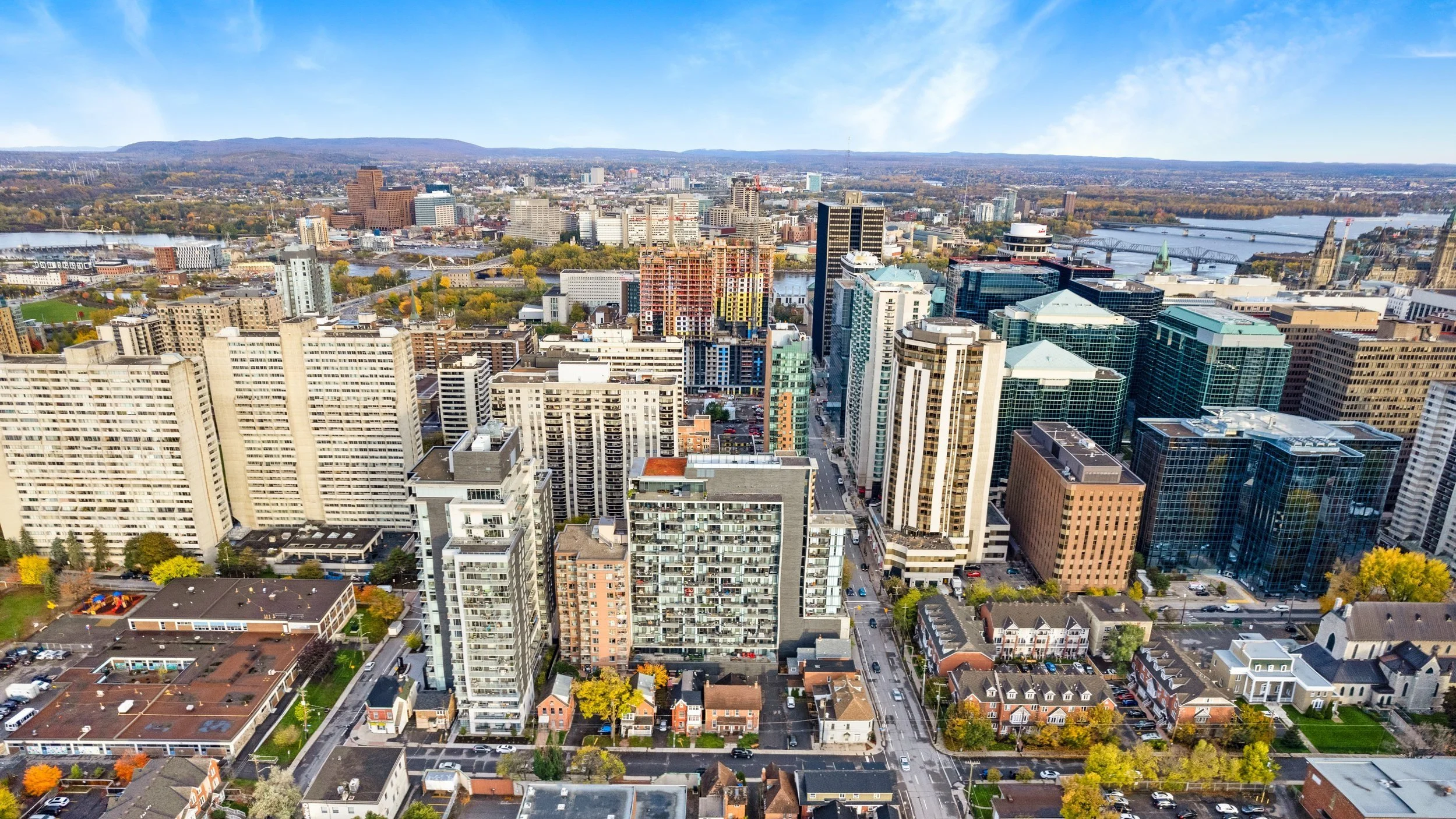Navigating Real Estate: Ontario vs. Quebec
Real estate is a fascinating world where location can make all the difference, and nowhere is this more apparent than when you cross the provincial border separating Ottawa and Gatineau. Ontario and Quebec, two of Canada's most populous provinces, both have their unique real estate landscapes. Understanding these differences can make your property journey smoother. Let's break down the contrasts between buying and selling real estate in Ontario vs Quebec!
Legal Systems
In Ontario, the real estate legal system follows the Torrens system, ensuring a detailed public record of property ownership. Quebec, on the other hand, operates under civil law, with notaries playing a central role in property transactions. This means that in Quebec, a notary oversees the closing process, ensuring all legal aspects are covered.
Language Preferences
In Quebec, French is the official language, and all legal documents are in French. While you can find English-speaking communities, it's crucial to have a basic understanding of French. Ontario, being an English-speaking province, conducts most real estate transactions in English. If you're more comfortable in one language over the other, this might influence your choice between the two provinces.
Closing Costs
When it comes to closing costs, both provinces have their fees. In Ontario, buyers need to budget for land transfer tax, which varies based on the property's value. Quebec has a similar tax called the "Welcome Tax." Additionally, legal fees and other associated costs differ between the provinces. It's essential to research and be prepared for these expenses.
Market Dynamics
The real estate market can vary greatly between Ontario and Quebec. Generally, housing prices in Ontario, particularly in cities like Toronto, tend to be higher than those in Quebec, including Montreal. However, this doesn't mean you can't find affordable options in either province. Research the specific cities and neighborhoods within each province to understand the local market dynamics better.
Property Types
Both provinces offer a diverse range of properties, from urban condos to suburban houses. However, Quebec is known for its unique architectural heritage, with older properties and charming neighborhoods. Ontario, being more populous, offers a wide variety of housing options, including modern developments and historic homes.
Agent Representation
Real estate agents play a crucial role in both provinces. Whether you're buying or selling, having a reliable agent can simplify the process. They can guide you through the paperwork, negotiations, and legalities, ensuring a smooth experience. Make sure to choose an agent who understands the local market well. Its important to know that agents who work in one province cannot make transactions in another province unless they are dual licensed.
Taxes
When delving into the realm of real estate, understanding the tax implications is paramount. In Ontario, the provincial land transfer tax is a notable consideration for homebuyers. The tax rate is on a sliding scale based on the property's purchase price, potentially impacting the overall cost significantly. On the other side of the Ottawa River, in Quebec, the tax landscape differs. Quebec imposes a welcome tax, which is similar to Ontario's land transfer tax, but with variations in rates and calculations. Navigating these tax differences is crucial for prospective buyers, as it directly affects their financial planning and the overall affordability of the property.
Here's a general overview of the tax rates in both provinces:
Income Tax: Quebec generally had higher provincial income tax rates compared to Ontario.Quebec has a progressive income tax system, meaning the more you earn, the higher percentage of tax you pay. As of 2021, the highest marginal tax rate for individuals in Quebec was 25.75%. Ontario also operates on a progressive tax system. In 2021, the highest marginal tax rate for individuals in Ontario was 20.53%.
Sales Tax: Quebec has a Provincial Sales Tax (PST) of 9.975% as of 2021.Ontario has a Harmonized Sales Tax (HST) of 13% as of 2021, which combines the Provincial Sales Tax and the Goods and Services Tax (GST).
Property Tax: Both Quebec and Ontario levy property taxes. However, the rates can vary widely within each province based on the municipality and the assessed value of the property. Property tax rates are set by local governments, so they can differ significantly even between neighboring areas.
For the most accurate and recent information on taxes in Quebec and Ontario, especially if you're considering a move or a significant financial decision, it's highly recommended to consult official government websites or a qualified tax professional.
In conclusion, whether you're leaning towards the bustling streets of Ottawa or the artistic vibe of Gatineau, understanding the differences between buying and selling real estate in Ontario and Quebec is essential. Language, legal systems, costs, market dynamics, property types, and agent representation are crucial factors to consider. By being informed and prepared, you can confidently navigate the real estate landscape, finding your dream home or making a successful sale, regardless of whether you're in Ontario or Quebec. Happy house hunting!







